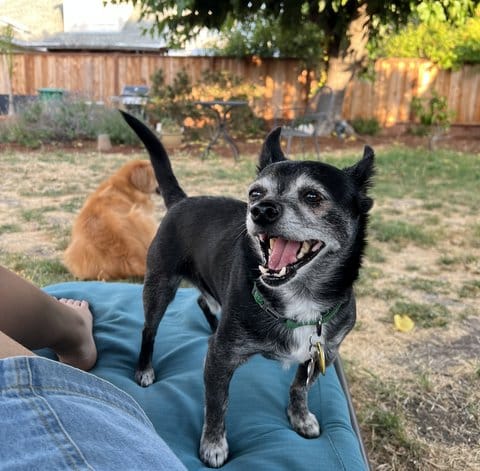
30 Aug Beyond ‘Pandemic Puppies’: Why Pet Adoption Is Still Vital

“Here is my son, Marty” — Natasha Kaye. (Author’s photo)
Editor’s note: With the annual Clear the Shelters campaign and National Dog Month close to ending for this year, comes a new installment in our pet adoption series. Please read to the end of the story for more information on adopting an animal.
Commentary, Natasha Kaye
As we all hunkered down and committed to social distancing during the pandemic, millions of families across the U.S. decided to make furry little additions to their homes to make isolation a little less lonely.
Between dogs, cats, rabbits, and even the humble fish, American homes are full of pets. According to Forbes’ “2023 Pet Ownership Statistics,” nearly 87 million U.S. households have at least one pet.
But whether those animals were adopted or bought can make a huge difference — for the pets and their people, alike.
Unfortunately for our furry friends, demand for specific breeds encourages cruel industry practices that result in irresponsible “backyard breeders,” unhealthy designer breeds like the “micro-bully” and overpopulated shelters.
In the Bay Area alone, nearly every municipal shelter has been at max capacity for all of 2023, with many being forced to turn to euthanasia to make space for the influx of animals.
So how did we get here?
For starters, the fad of “pandemic puppies” saw millions of families opt for dogs from breeders or online sites like Craigslist and Facebook Marketplace because breeders on these sites do not do house checks to ensure the animals are going to good homes. At the end of the day, breeders are a business, and if they’re not verified by the American Kennel Association, there’s no ensuring the animals they help produce go to good homes. Even if they are verified, it’s not always a guarantee the animal’s well-being is front of mind.
Furthermore, most municipal shelters require all their adopted or fostered animals to be spayed or neutered to prevent unwanted litters that wind up back in shelters. But the lack of regulations from these under-the-table pet purchases often means owners not fixing their animals, further contributing to the cyclical issue.
- (Infographic by Natasha Kaye / The CC Pulse; Sources: Humane Society International, PLoS One and the American Society for the Prevention of Cruelty to Animals)
Far too often, we see “backyard breeders” who have little to no professional experience or understanding of the harm they are causing their animals. These animals lack sufficient care, are often kept in cages, and suffer from countless health problems because they are just a means to profit for the breeder. If you must buy an animal for whatever reason instead of adopting, it is your responsibility to ensure the animal is being bought from a responsible breeder who is doing their part to ensure not just their animal’s welfare but animal welfare as a whole.
The word “adopt” gets thrown around when new pet owners introduce their furry friends, although it’s important to note the stark difference between actually adopting and buying a pet.
An animal adopted from the shelter is rescued. It is an animal that had no home and was destined to spend its life in a cage, for what little time it has until it is killed if no one comes around to pick them up. Animals purchased from breeders are not adopted; they are bought. They did not have to be brought into this world. They were created to profit the breeder.
Furthermore, many owners desire a specific dog breed, whether they believe it’s going to be smarter, friendlier or shed less, people will come up with any reason to justify their specific breed choice.
It’s important to note, however, that purebred dogs are at a significantly greater risk of hereditary disorders because they are inbred to produce breed specific traits. Many desire traits like the “hypoallergenic” coat of a poodle (Surprise! There’s no such thing as a completely hypoallergenic dog), or the squished face of a Frenchie. But those characteristics are the result of inbreeding, which is associated with significant health risks. For instance, the flat, or brachycephalic, skulls of pugs and bulldogs that give them that characteristic look, can result in obstructed airways, skin disease and much shorter lifespans than other dogs in their size group. In fact, last year, Norway banned the breeding of English bulldogs, among other breeds, because of their myriad health issues.
This should be an even greater incentive to rescue a shelter mutt, as their chances of being inbred are greatly reduced. Not to mention, you’re actually saving a life when you adopt, instead of adding to the total sum of dogs and cats on the planet, something animal welfare advocates spend everyday trying to ethically reduce.
My dog, Marty, is my world. I always say he saved my life, and I know I saved his because he is a senior Chihuahua mix, one of the least likely dog types to be adopted. To me, there is no better reminder of the life I helped save than every time I see him wag his perfect little tail.
Many pet owners share similar sentiments. They feel their animal saved their life and for many, they most certainly have, but if the pet was bought instead of adopted, the idea that the owner saved their pet’s life falls short.
Is a dog that was brought into this world for the profit of a breeder really being saved when it’s purchased? If its existence is a commodity, whose life are you really saving?
Pet adoptions from Contra Costa Animal Services are free for the month of August, though a $25 licensing fee may apply. Use the following links to see available dogs, available cats and other available animals. To search for animals beyond Contra Costa County, visit https://24petconnect.com/.


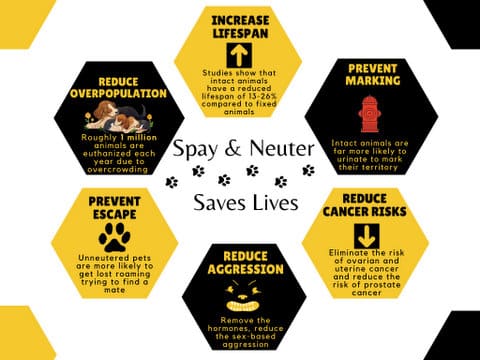
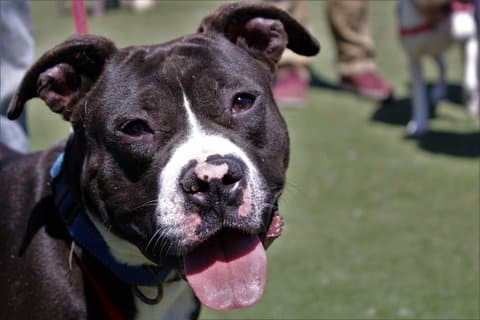
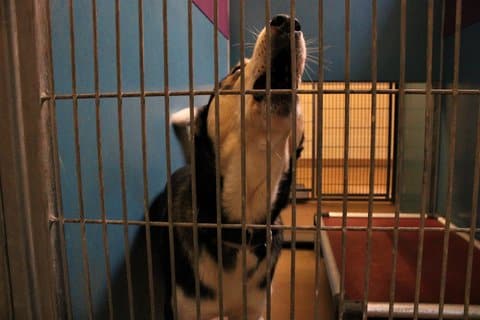
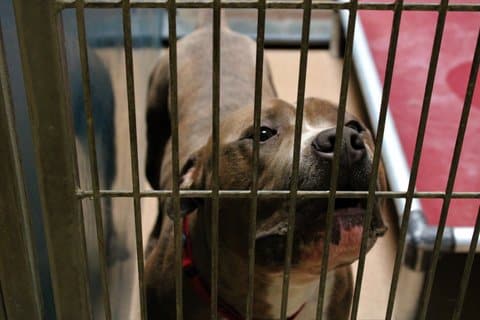
No Comments